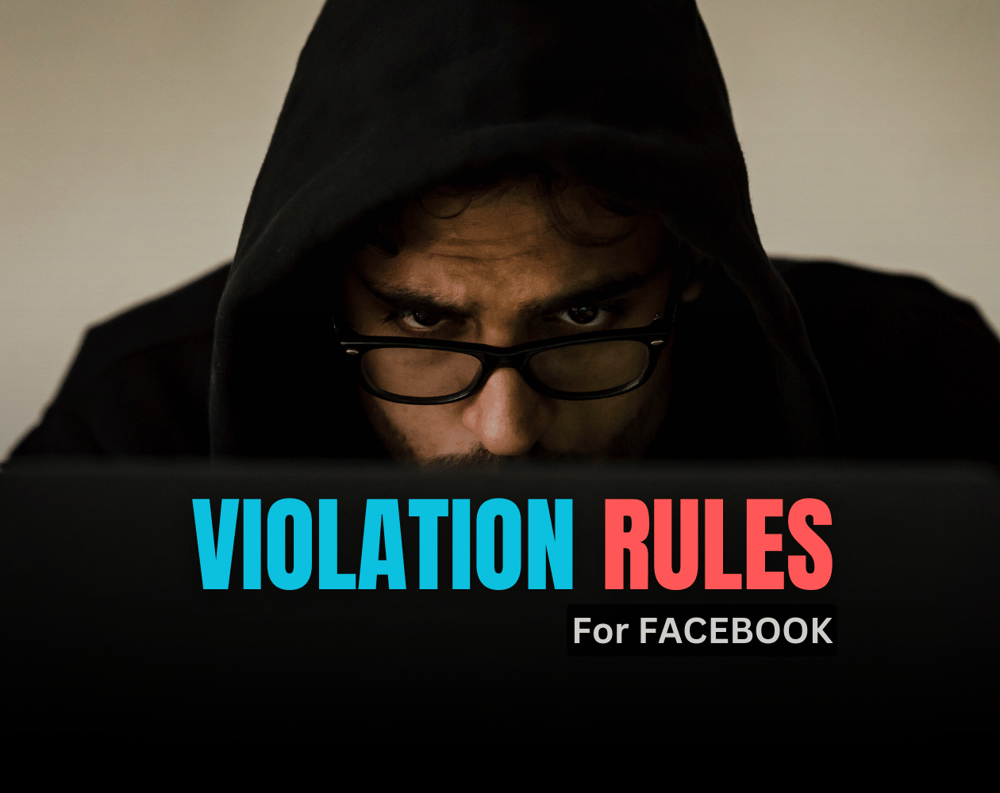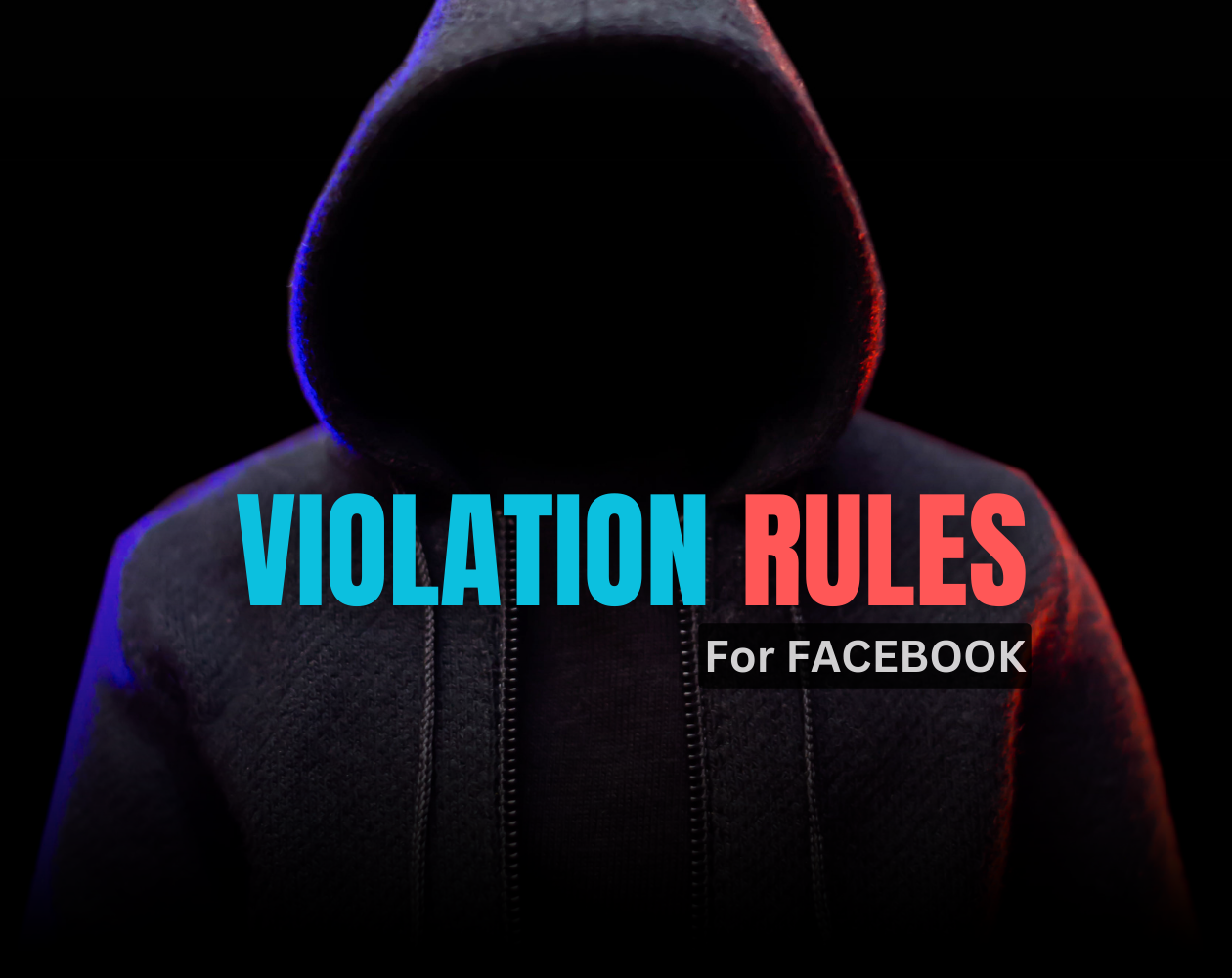What are the Violation Rules for Facebook? Facebook's Community Standards
Understanding What are the Violation Rules for Facebook? is crucial for creators and users alike. This guide explores the often-challenging terrain of Facebook's community standards, helping you avoid common pitfalls and maintain a healthy presence on the platform.
1. Engagement Bait: The Thin Line Between Interaction and Manipulation
Engagement bait is a common trap where creators prompt users to interact artificially. This includes requests for likes, shares, or comments in a manipulative manner. Understand the subtle differences between genuine interaction and engagement bait to ensure your content remains authentic and compliant.
Some examples of engagement baiting tactics to avoid:
- Asking people to like or react to win a prize (“Like this for a chance to win concert tickets!”)
- Requiring shares to unlock content (“Share with 5 friends to see the reveal video”)
- Using reactions as votes (“Comment with an angry face if you hate Mondays!”)
The best practice is to encourage engagement organically. Ask open-ended questions, share compelling content, or offer value to followers without gimmicks.
2. Limited Originality of Content: Valuing Authenticity and Creativity
Facebook rewards original content that reflects a creator’s unique voice. Avoid limited editorialization, aggregation without enhancement, and duplicative content. Utilize tools like Rights Manager to protect your original work and uphold the platform's standards for content originality.
There are three common ways creators violate originality standards:
- Editorialization: Taking others’ content and adding minor edits or commentary
- Aggregation: Curating others’ content without adding meaningful new enhancements
- Reposting: Sharing content that already exists, including your own previous posts
To avoid limited originality violations, focus on sharing content only you can create. Use your unique voice and offer novel value. Upload original videos and images using Rights Manager to protect your work.
3. Watchbait: Steering Clear of Sensationalism and Misleading Tactics
Watchbait tactics such as withholding key information, sensationalizing content, or misleading viewers are frowned upon. These practices create false expectations and erode trust. Maintain honesty and transparency in your content to avoid demotions or penalties.
Watchbait on video posts usually takes one of these forms:
- Withholding: Omitting key details to create intrigue (“You won’t believe what happened next!”)
- Sensationalism: Using exaggerated or shocking claims (“This will upend everything!”)
- Misleading: Thumbnails or text that imply untrue payoffs
Facebook users do not appreciate feeling tricked into tapping on content. As such, clickbait and watchbait tactics often lead to demotions that reduce content reach.
The best practice is to accurately represent your content in titles and previews. Deliver what you promise to build trust with your audience.

Final Thoughts: Building a Responsible Facebook Presence
Creating content on Facebook requires a balance between creativity and adherence to platform standards. By understanding and respecting Facebook’s rules on engagement bait, originality, and watchbait, you can foster a positive, authentic presence that resonates with your audience and upholds the integrity of the platform.
Additional Knowledge: Earn Passive Income Using Facebook Reels [2024 Complete Guide]
FAQs on What are the Violation Rules for Facebook?
What constitutes engagement bait on Facebook?
Engagement bait involves tactics that artificially boost interactions, such as asking for likes, shares, or comments in a manipulative way.
How does Facebook determine originality in content?
Facebook values content that is genuinely created or significantly enhanced by the creator. Reposting others' content with minor changes often violates originality standards.
What are watchbait tactics and why should they be avoided?
Watchbait involves withholding information, sensationalizing, or misleading viewers. These tactics create a trust deficit and can lead to content demotion.
Can I use aggregation in my Facebook content?
Aggregation is permissible if it significantly enhances the original content. Merely curating others' content without meaningful additions may violate Facebook's policies.
How can I protect my original content on Facebook?
Use Facebook’s Rights Manager tool in Creator Studio to protect your original content and ensure only you earn ad revenue from it.



Comments ()